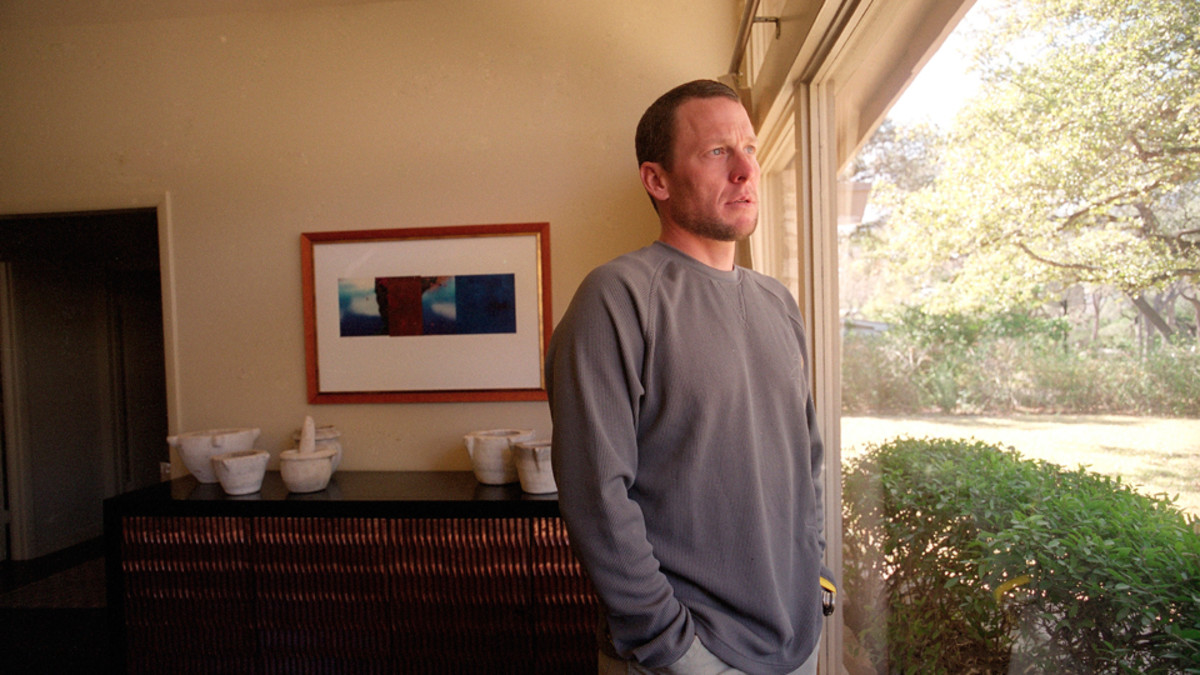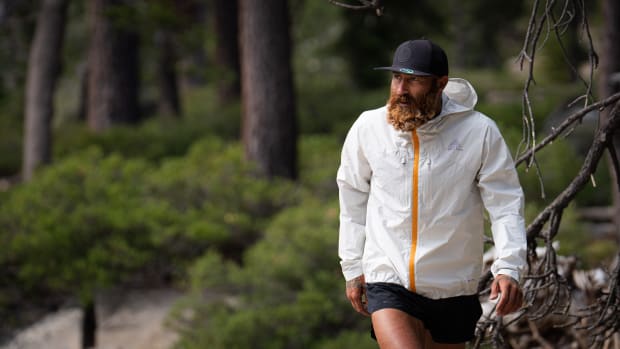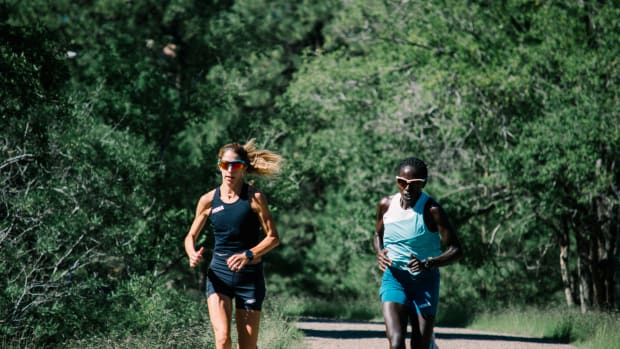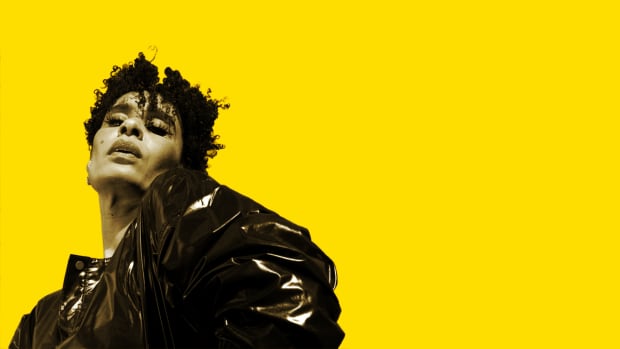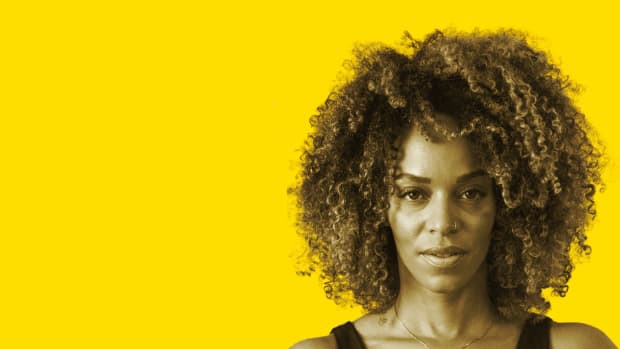Q&A: What does Lance Armstrong regret about his career?
This interview appears in the August 18, 2014, issue of Sports Illustrated. Subscribe to the magazine here.
The former racer, 42, laments how he often behaved—off the bike. Armstrong lives out of the spotlight in Aspen, Colo., and was grand marshal of a motorcycle rally in Sturgis, S.D., on August 4. He's also still very active in competitive cycling using the Strava app to compete against amateurs and professionals on local courses around his home in Colorado.
DAN PATRICK: Is “seven-time winner of the Tour de France” still the correct way to introduce you?
LANCE ARMSTRONG:It depends.
DP: Do you believe you are?
LA:I do. I don’t like arguing or fighting about it. You ask me, I say yes. I know well there are many, many people who don’t agree with that.
DP: Could you have done it differently, given the way you’re wired?
LA:Which part?
DP: Your desire to win seems pretty ingrained . . . going back to your battle with cancer.
LA:The whole process of surviving the disease, of being so motivated to win that battle, I took that back into the sport. I viewed winning and losing as life or death. I hadn’t had that before. My issue was, off the bike I sometimes crossed the line. I didn’t have a switch to turn it off. It’s one thing to kick ass in training or races. You’re sitting in a press conference, you don’t need to kick ass.
DP: Could you have won without doping?
LA:Not in that era. It was an arms race at the time. There were no tests. You couldn’t detect certain things like you can now. I don’t know about today. I suspect you could today. Not from the late ’80s to the mid-2000s.
DP: Was it worth it?
Lance Armstrong is Still Riding & Finding New Ways to Compete
LA:It’s easy to look back and say I’d do certain things differently. It’s been a bloodbath the last couple of years. It was a decision we all made in the mid-’90s when we went over there. We went over for a knife fight. Lo and behold, the rest of them had guns. A lot of us young Americans just said, I’m not going to sit here and get my ass kicked. And I’m not going home. I’m going to gear up and fight. I have a lot of regrets about how I handled myself—my behavior, my reactions, my interactions—and I’ve tried to make amends for that.
DP: Did you ever come close to admitting what you were doing?
LA:Never.
DP: Why did the French dislike you so much?
LA:I didn’t do myself any favors. I was very combative with them. They smelled blood in the water. The media are going to pounce on that. While all this was going on, the landscape of the media drastically changed. We went from having just a few outlets to having Twitter.
DP: If you walked down the Champs-Élysées with your yellow jersey on. . . .
LA:[Laughs.] I don’t think I want to do that.
DP: It would be that bad?
LA:It might. I’ll let you walk down the street with it first, and let me know how it goes.
